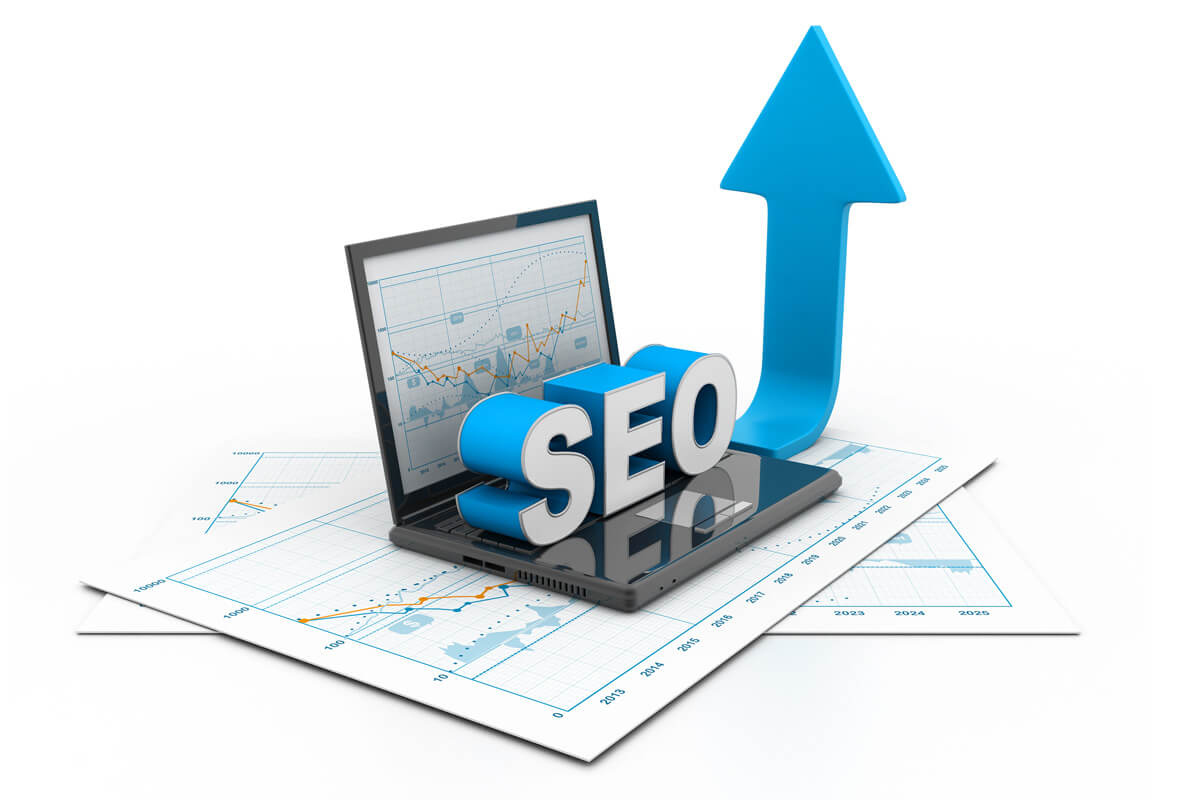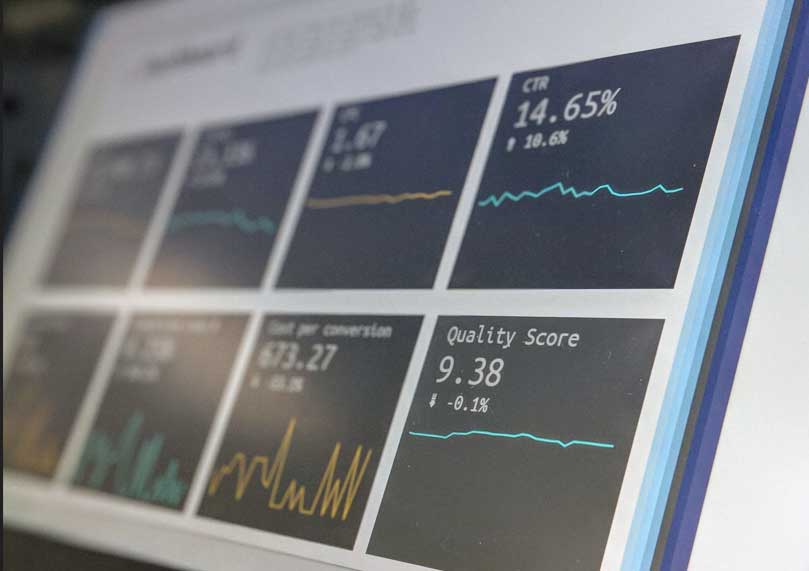12 Things That Affect Your SEO Ranking
Is your SEO strategy doing as good as you planned? While you might have implemented the best SEO tactics, many factors might affect your final SEO ranking. Especially since the Google search engine makes constant changes in its algorithm, it’s important to keep your SEO strategies up to date. From using the right amount of SEO keywords to incorporating backlinks, here are the twelve major factors that affect your SEO ranking.
1. Content quality
There’s no denying that content is king. Professional SEO service in Singapore will help you achieve a high organic search ranking by providing comprehensive, valuable, and engaging graphics enhancing the visual appeal. Therefore, even if the word count is not very high, the content you keep on your website must hold real value to the readers, which eventually improves the SEO ranking.
2. Page speed
To be honest, nobody wants to wait for a page that’s taking ages to load. Page speed or site loading speed is a part of technical SEO, which plays an important role in SEO ranking. According to Google, when the page speed increases from 1 sec to even 3 seconds, the bounce rate goes up to 32%. Thus, a fast and lightly designed responsive website gets the trophy! You can always rely on professional SEO companies who perform technical SEO audits to determine such factors.
3. Content length
There is no specific content length that improves your site’s SEO ranking. But several SEO experts have observed that websites with lengthy and comprehensive content, precisely with 2000-2500 words, tend to have better Google search engine ranking. However, it should have depth since the quality and length of the content go hand in hand.
4. Local SEO
While conventional SEO practices have no limits, local SEO focuses on local search results. This incorporates several factors such as relevance, community, region, local product or service reviews, etc. Working on your site’s local SEO can be a big plus if your business has a physical location serving a particular geographical region.
5. Internal links
Google and other search engines crawl through different elements on your website to examine and determine its credibility. Here, crawlers identify Internal links as a signal to assist them in reading and indexing this data effectively. When your website has neatly ordered and close-knit internal links, it gets easier for search engines and users to locate what they’re looking for.
6. Backlinking
SEO backlinking is a part of off-page optimisation needed to show better online credibility. The mechanism resembles social media influencers who mention or promote a particular product and direct the users towards it. Similarly, if your website is mentioned backlinked by any other good brand website, Google automatically recognises you as genuine and credible. As a result, your SEO ranking can shoot up.
7. RankBrain
RankBrain is another major SEO ranking factor that Google has been using lately. RankBrain is a machine learning software that comprehends complex searches and their connection to specific topics. This helps to understand how the users interact with a particular set of results. Therefore, the search engine gives better rankings to search results that are more popular among users.
8. On-page optimisation
As the name implies, on-page optimisation refers to the content layout of your website. On-page optimisation factors generally include heading tags (H1, H2, H3, etc.), meta title, meta description, image alt text, etc. Thus, you can see that various content management systems require you to fulfil these compulsory sections so that your site gets a better SEO ranking.
9. Mobile-friendliness
We all know that most internet users heavily rely on handheld devices, especially mobile phones. If you have a seamless website, but it isn’t optimised for mobile devices, you will lose those brownie points! Most SEO experts use built-In content management systems to check if your web pages have a smooth interface on mobile devices, not just desktops.
10. User experience
Like every product or service, the end-users of your website and brand are people. Since your site is the first thing they come across, it is important that they have a smooth experience. For example, if your website has too many elements or even the layout looks unattractive, people will abandon it. Thus, having good aesthetic and functional bits on your site can skyrocket your SEO rankings.
11. Brand and URL domain
It may seem insignificant, but the structure of your website URLs impacts your SEO ranking. For instance, a messy URL with many mixed characters makes it difficult for Google and other search engines to find the page. Therefore, it is suggested to keep a short and straightforward URL and even better if it has a short SEO keyword.
12. Schema
Schema markup is a crucial website component that affects your SEO ranking. These are hidden codes that tell search engines more about your content. These codes make it easier for Google and other search engines to crawl through the vast web and easily find your website’s content.
Conclusion
Just remember, the internet is a vast pool, and your website needs to climb up numerous other search results to shine out! Taking care of the above-mentioned factors is the only way to improve your SEO ranking faster. If you plan to implement a new SEO strategy, leave it to a professional SEO agency Fenzo. Their SEO experts can help you achieve your SEO target at the most affordable pricing. They emerge as the best SEO agency from SEO to website maintenance, helping you rise above all. Contact them now!







